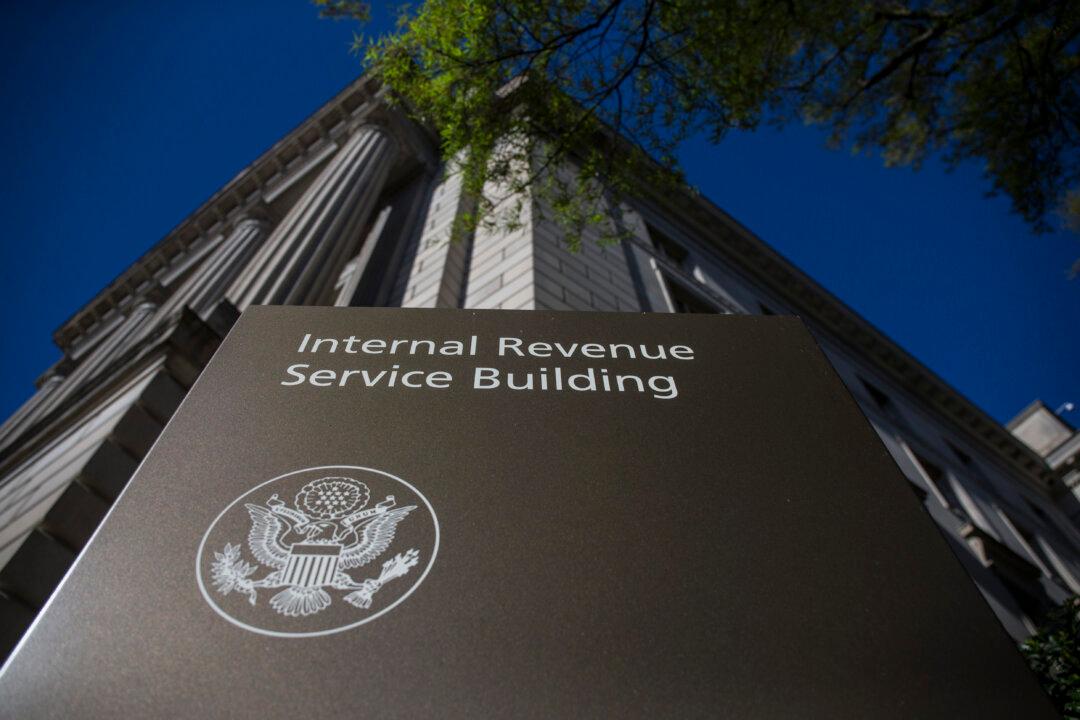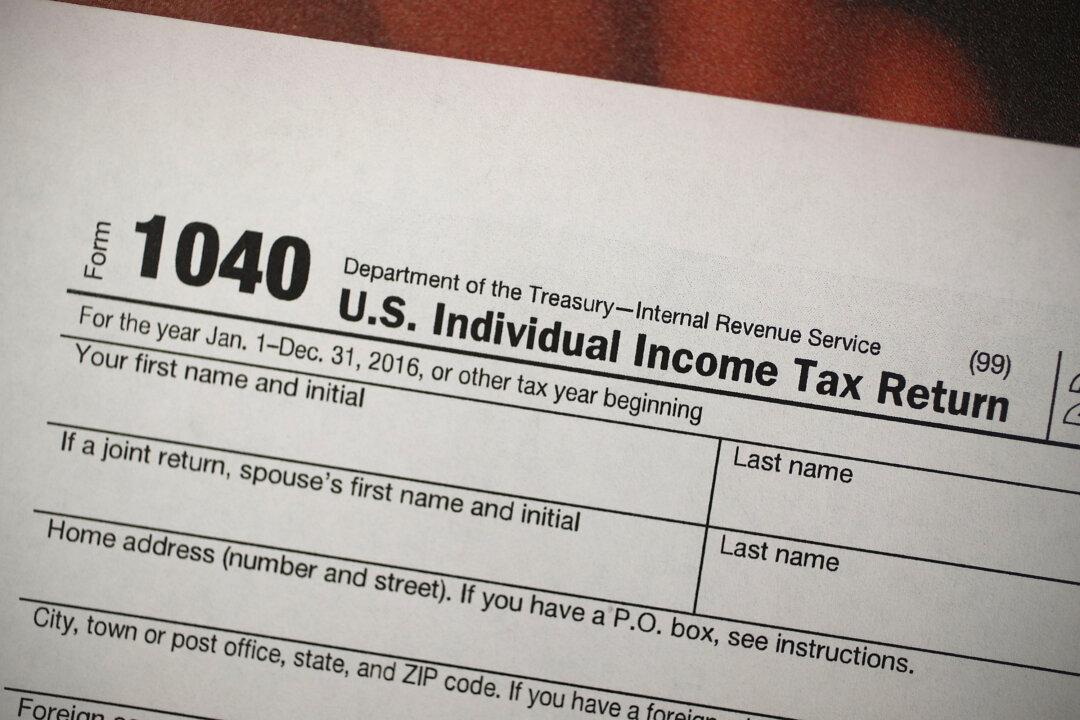Commentary
Understandably lost in the wake of the shocking events on Jan. 6 was the fact that, with two election wins in Georgia, Democrats took control of the Senate to go with control over the House and presidency. Though tax policy may have taken a backseat in these Georgia elections, the results raised the chances of significant tax hikes, and the undoing of progress made in the 2017 Tax Cuts and Jobs Act (TCJA), substantially.




